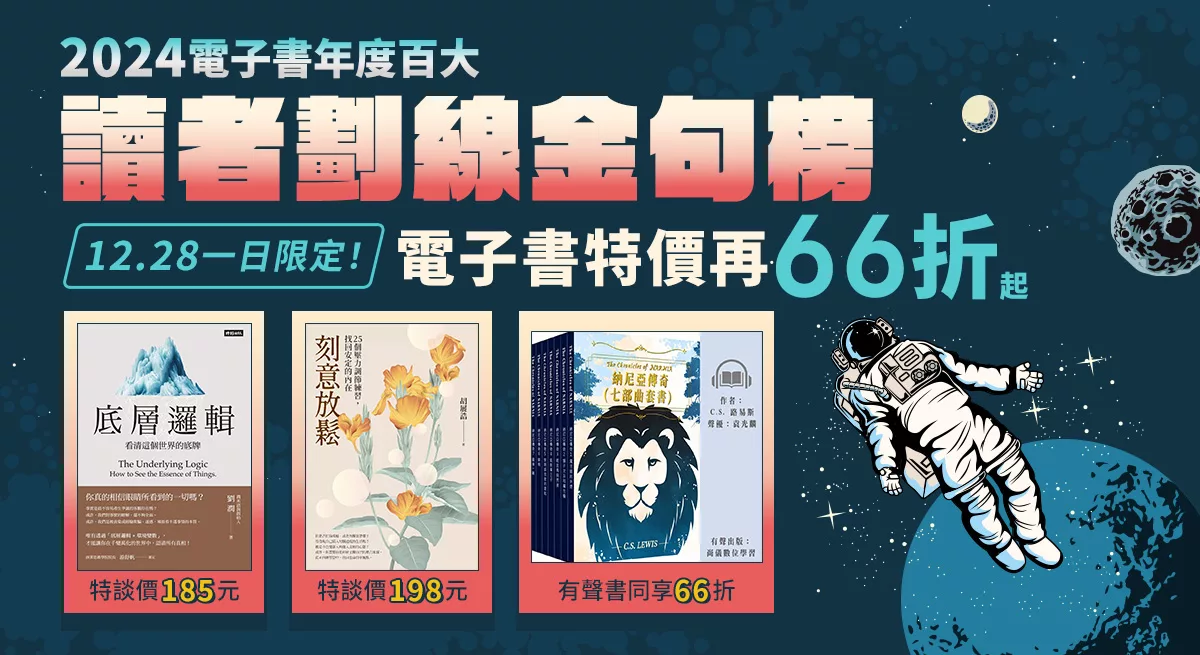Digital transformation and demographic change are profoundly affecting the contexts in which the language industry operates, the resources it deploys and the roles and skillsets of those it employs. Driven by evolving digital resources and socio-ethical demands, the roles and responsibilities deriving from the proliferation of new and emerging profiles in the language industry are transcending the traditional bounds of core activities and competences associated with prototypical concepts of translation and interpreting.
This volume focuses on the realities in the language industry from the fresh perspective of current and emerging professional profiles and of the contexts and resources that condition and support them. It traces the industry’s evolution, maps its current state and considers key aspects of its workplaces, actors and practices. In an age when artificial intelligence is challenging traditionally held views of human performance, it addresses the issue of where and how human agents add value to the industry’s processes and products, with a detailed, research-based consideration of the activities, competences, roles, responsibilities and tools that characterize the language industry of today and the near future.



 天天爆殺
天天爆殺  今日66折
今日66折 




























 博客來
博客來 博客來
博客來 博客來
博客來 博客來
博客來 博客來
博客來